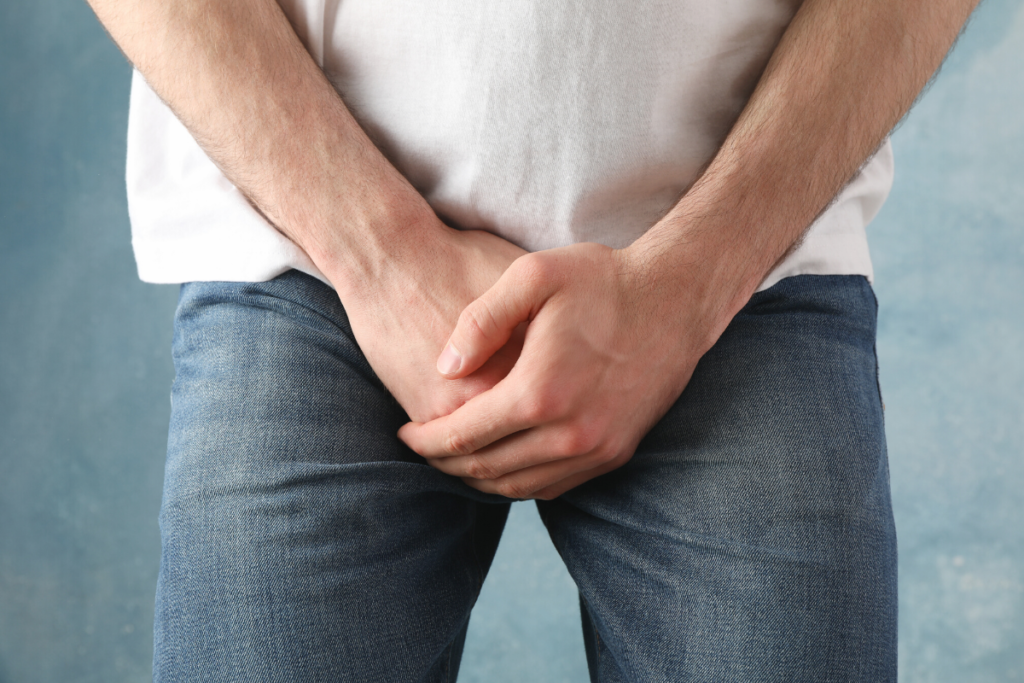Too often, men associate the health of their prostate gland with their virility and this makes them embarrassed to admit something might be wrong. Too often, early symptoms are ignored or simply endured, and exactly this is problematic. Early diagnosis of prostate issues can make treatment easier and successful without much impact on the quality of life.
The taboo and the consequences
Few men like to admit they have a weakness in this area. What’s more, prostate troubles are often called an “old men’s illness” and, when left untreated, they can result in sexual dysfunction and incontinence which often leads to anxiety and depression. Top that with the fact that to examine the prostate, the doctor inserts his finger in the man’s rectum, and you can understand why many men opt to ignore symptoms and act as if nothing is wrong.
Let’s change this unfortunate reality by looking at the facts. Around his forties, a man’s prostate gland begins to enlarge as benign tissues begin to grow, a condition which is called benign prostate hyperplasia (BPH). About half of all men over 50 are affected by this benign yet annoying condition. Early symptoms are related to changes in urinating patterns (such as more frequent urination, also at night; painful or burning sensation, feeling of not being able to completely empty the bladder; a weak urinary stream). If left untreated, it becomes harder and harder for the bladder to be emptied and residual urine can accumulate which forms a perfect environment for bacteria to thrive. This may cause a variety of urinary infections and can lead to the inability to urinate, a painful condition of which urinary catheterisation is the only solution.
Changes in urinary patterns can also be due to an emerging prostate cancer. Also here, early detection is paramount. When prostate cancer is detected before it is too big or before it has spread to other tissues, a relatively mild treatment can cure the cancer or keep it at bay.
It would be optimal if, just as women aged over 50 get invited for routing screening checks for breast cancer every three years, a similar regular screening programme was set up to detect prostate issues early on.
What can you do?
Your lifestyle has a huge impact on your prostate health. Numerous studies have shown that a healthy, non-processed, and a primarily plant-based nutrition (avoiding red meat and dairy while eating lots of whole grains and vegetables, in particular cruciferous veggies and tomatoes) not only helps preventing prostate issues but can help them turn around too. Vigorous regular exercise, stopping with smoking and taking care of your mental and social health are proved to benefit as well.
For both BPH and prostate cancer, there are medicines available for the early stages but they come with side effects such as erectile dysfunctions and reduced libido but also changes in blood pressure etc.
Natural products have the advantage of being without side effects. Consult your doctor or urologist for more information.

